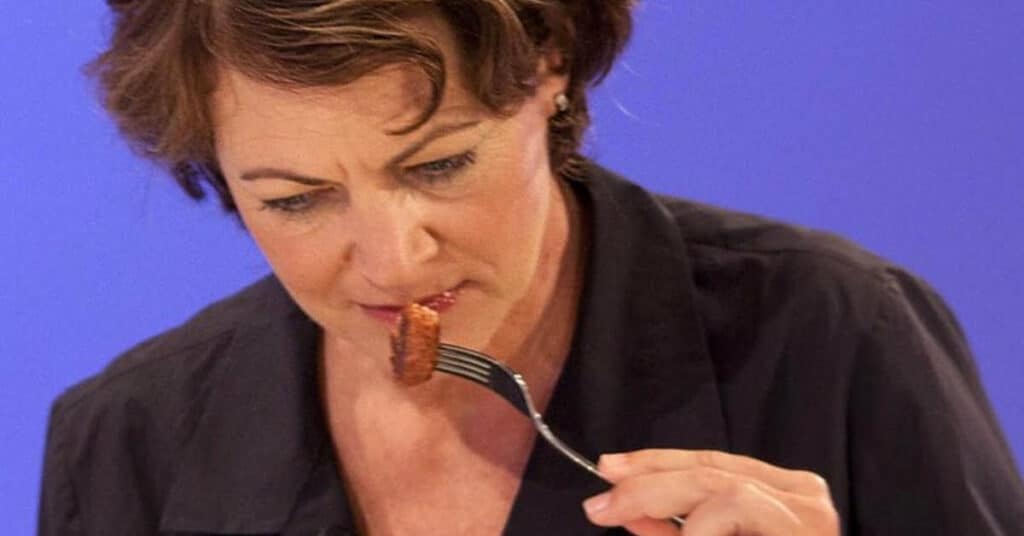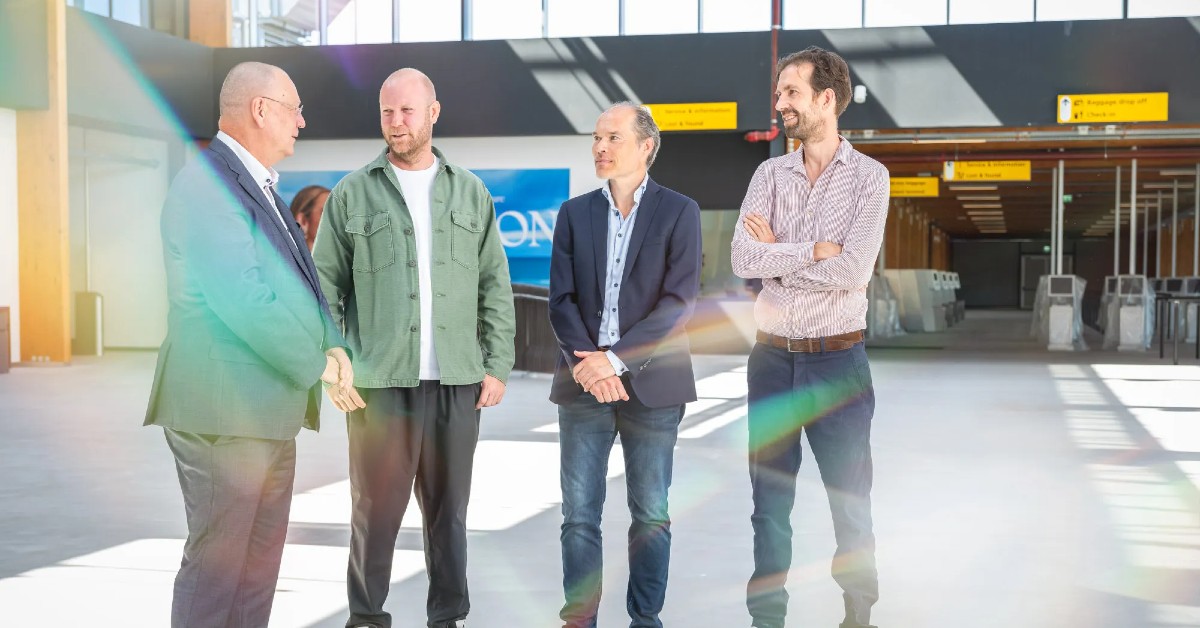Back in 2013, Hanni Rützler of Future Food Studio, who researches on food trends, got the first chance to taste Mosa Meat‘s synthetic beef hamburger at an event in London.

“Lack of juiciness and seasoning, but close your eyes, this definitely synthetic hamburger was meat,” she said. And this was proof that it was feasible to develop edible and safe meat without slaughtering an animal.
Back then, it was a single startup and cost €250K to make a single burger, but now, numerous startups and NGO’s have popped up and started working on other lab-grown animal products like Chicken, Pork, Fish, Turkey, and much more.
Raised €16.4M
Fast-forwarding to December 2020, the Dutch startup Mosa Meat has raised $20M (approx €16.4M) in Series B funding, bringing the total amount of funding to $75M (approx €62M).
Earlier this year, in September, the company had announced the first closing of $55M (nearly €47.8M), which was a part of its larger Series B funding.
Who invested in Mosa Meat?
The funding was led by Blue Horizon Ventures, with participation from Target Global, ArcTern Ventures, and Rubio Impact Ventures. Blue Horizon Ventures aims to support and promote a positive global impact on the environment, human health, and animal welfare. Notably, Mitsubishi Corporation, Japan, the global integrated business enterprise company also invested in the round.
How will the funding be used?
The company will use the funds to scale its production facility at its home in Maastricht developed an industrial-sized production line, expanded its team, and introduced delicious cultivated beef to the consumer.
Why Mosa Meat?
According to the Food and Agriculture Organisation of the UN, by 2050, the world’s population will surpass 9B, and meat demand is expected to be 70% higher than today’s level.
Mark Post and Peter Verstrate, in 2016, founded Mosa Meat to find a new method to make real meat to feed the fast-growing population in a sustainable, healthy, and animal-friendly way.
“In the past few years, we’ve made significant scientific breakthroughs and brought the price of our meat down considerably. We’re now focussed on scaling up the production process and getting our first products on the market in the next 3-4 years,” says the company.
It is projected that cultured meat production will use up to 99% less land, and 96% less water, “This greater efficiency will make it possible to provide the world’s growing population with real meat in a sustainable way,” says Mosa Meat.
The process
Talking about the process, Mosa Meat says, making cultured meat (clean meat) is similar to making livestock meat, except the cells grow outside the animal’s body.
It’s worth mentioning that one sample from a cow can produce 800 million strands of muscle tissue (enough to make 80,000 quarter pounders). When all these strands are layered together, we get meat, claims the company. Then the meat is processed using standard food technologies to make it consumable.
“We are delighted to welcome our new partners,” said Maarten Bosch, CEO of Mosa Meat. “As well as bringing immense strategic capabilities and expertise, they share our strong commitment to increasing the sustainability of our global food system”
World’s first regulatory approval for cultured meat
In other news, Eat Just Inc, a company known for creating more healthier and sustainable foods has gained regulatory approval in Singapore to produce and sell lab-grown chicken meat as an ingredient in chicken bites. The company has developed other cultured chicken formats that will be an extension to this product line.
According to the company, the Singapore Food Agency reviewed the process, manufacturing control, and underwent rigorous safety testing before approval. Eat Just has demonstrated a consistent manufacturing process of their cultured chicken by running over 20 production runs in 1,200-liter bioreactors.
The company claims that this regulatory allowance paves the way for a forthcoming small-scale commercial launch in Singapore of Eat Just’s new GOOD Meat brand, details for which will be disclosed at a later date.
“I’m sure that our regulatory approval for cultured meat will be the first of many in Singapore and in countries around the globe. Working in partnership with the broader agriculture sector and forward-thinking policymakers, companies like ours can help meet the increased demand for animal protein as our population climbs to 9.7 billion by 2050,” says Josh Tetrick, co-founder, and CEO of Eat Just.










01
From telecom veteran to Dutch Startup Visa success: The Jignesh Dave story